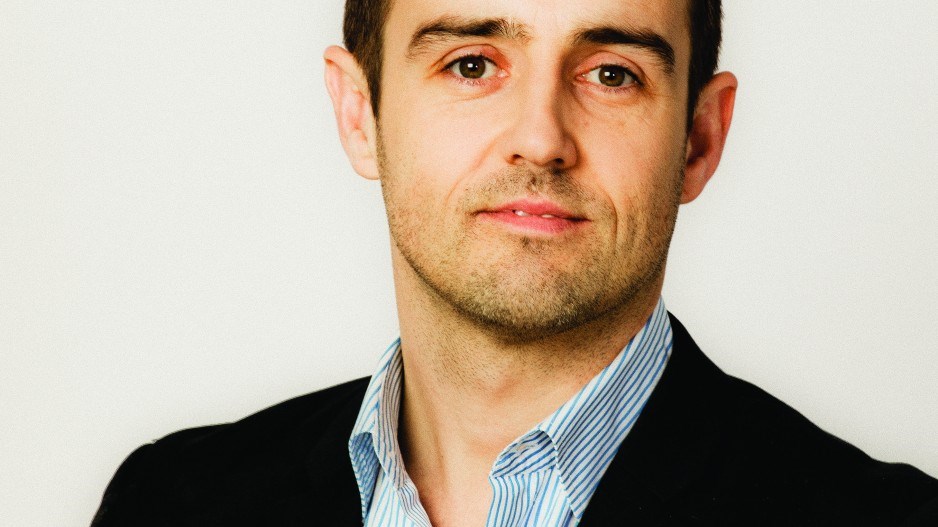Business in Vancouver’s “How I Did It” feature asks business leaders to explain in their own words how they achieved a business goal in the face of significant entrepreneurial challenges. In this week’s issue, Chris Neary, advertising and marketing guru extraordinaire and chairman of TEDx Vancouver, talks about his comeback after a brief stint in a U.S. prison and how he helped TEDx Vancouver move to a more sustainable business model.
“In 2010, I was found guilty of hiking marijuana into Washington – ironically, where it’s now legal – and sentenced to eight months in prison in the U.S. When I was released from prison in June of 2011, I was unsure I’d be able to work in Vancouver again, but I was surprised by the benevolence. Most people didn’t care. “In 2012, TEDx approached me to give a speech on my experiences surrounding my hike over the border. I declined because I don’t want to sensationalize my idiotic mistake. Instead, I came on board as their marketing communications director.
“At the event in 2012, it became clear that it was not sustainable to continue running the program the way it was. It had reached a scale that far exceeded our capabilities to do off the side of our desks. We had a lot of burned-out people on the team.
“The first thing that hit me was, ‘Hey guys, we can’t carry on like this. People are burning out, organizationally it’s falling apart, we’re burning money, we’re not taking care of our partners. Why don’t we create a clear organizational structure with clear processes and run it more like a business?’
“October 2012 was our last event. TED was coming to town. With the threat of people getting confused in the market between the two, and just the fact that people were tired, we just decided to take a year off and tool up. It’s taken us a full year to develop the strategy, develop the structure and process and put the people in place so that we have a replicable structure.
“We weren’t sure whether we’d get steamrolled [by TED]. We weren’t sure whether we’d be granted a licence. But it’s done nothing but good stuff for us because it’s shone a light on what TED is. We benefit from the exposure.
“I created an honorary board. That consists of industry captains. Their purpose is to attract speakers, attract sponsors, act as mentors to the organizers and advocate our work. … All we had [before] was a team of 35 people that would gather around a board table and argue for five hours and leave the room extremely frustrated.
“I made the rule that I only want nine people in the room. So there are nine honorary members, nine advisers and nine directors. There’s a staff of 60 under those directors and on the day of the event there will be 360 people.
“What I tried to create here was spans and layers that allow for a mentorship philosophy so that, wherever you are in the organization, you’ve got somebody above and below you. All are volunteers. Nobody gets a cent. Everyone’s doing it for the love of the concept.”




